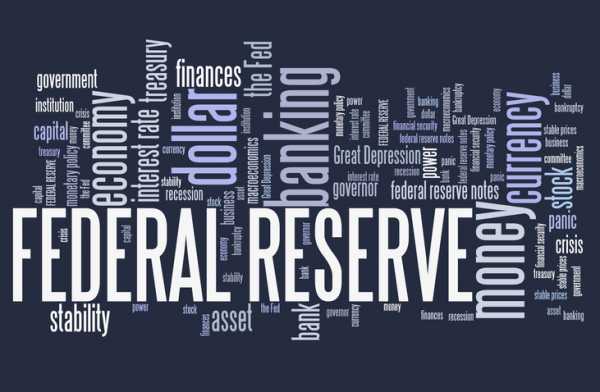However, the Apple disclosure wasn’t perceived as a massive surprise, given large parts of China are in lockdown. Still, price action will be critical, given the market has shaken off virus concerns so far, especially in the tech sector. And to that note, the warning failed to move the “growth trade” in aggregate lower on Tuesday.
None the less the news provided the equity market with its first real sentiment test, and it took Apple to do what the coronavirus couldn’t – make stock markets feel very queasy.
But any market wobble this year, whether from data-driven concerns or geopolitical events, has all been a “buy the dip” opportunities for investors primarily because worst-case scenarios were a long way from being realized. However, the Apple news is getting looked at differently because they are the first high profile company to come out and warn about the impact of the coronavirus. And for some, it could signal that fundamentals are starting to reassert themselves. The absence of which has left many an investor, especially those short stocks, scratching their head.
There has been much debate about the foundation of the equity market rally with virtually everyone blaming central bank policy for the continued risk-on moves as the hunt for yield and the overall demand for riskier assets outweighed the fundamentals.
But it is all about liquidity and momentum these days. While equity desks are not precisely hovering up the dip, the NASDAQ, which everyone should be paying attention to give its tech focus, has recouped earlier losses while the S &P 500 is only marginally down into the close.
But these markets are increasingly tricky, and while I won’t go as far as saying the days of the easy trades of hammering, the reversion button is gone. But the Apple guidance has done something that trade war, an actual war, and the coronavirus has failed to do, make traders think twice before smashing the big risk-reward reversion bets.
Oil markets
It was a noisy oil market overnight as investors were en masse taking the potential demand impact of Covid-19 more seriously.
But offsetting the Covid 19 rethink button, The Trump administration has imposed sanctions on the trading arm of Rosneft. Their Swiss trading arm has been Venezuela’s primary conduit for brokering cargos, which find their way predominantly to refineries in India and China. So, throttling this Asian supply channel will provide some support for oil prices.


